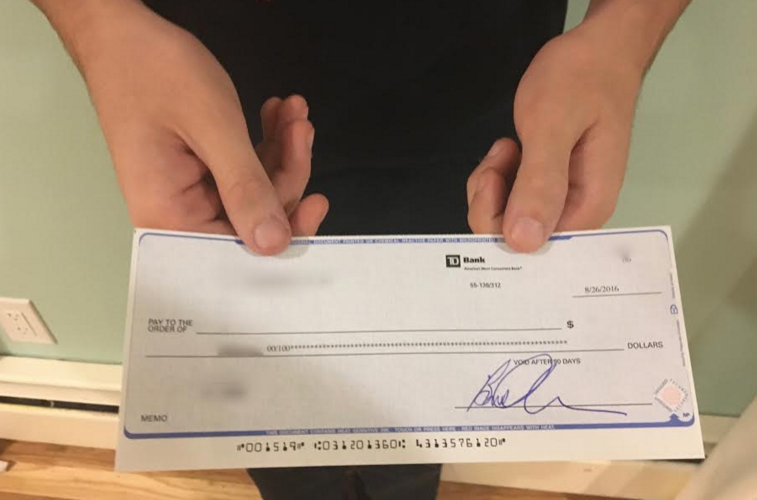In 2015, New Jersey’s unemployment rate was 5.6% – substantially higher than the national rate. In 2014, there had been a mandatory minimum wage increase statewide, and New Jersey began to lag behind in national job growth. According to Governor Chris Christie, the two events aren’t a coincidence.
Sitting amidst the produce at a supermarket in Mercer County, Christie vetoed Assembly Bill No. 15, democratic legislation to once again raise the minimum wage. If the plan had passed, New Jersey would have joined California and New York as the third state with a minimum wage of $15 an hour.
The bill would gradually phase in the goal of reaching $15 by 2021, but Christie dismissed it on the grounds that it would render New Jersey “non-competitive.” In light of the last time the state increase the minimum wage, the governor is concerned that retailers like grocery stores wouldn’t maintain their business without reducing staff, not to mention that the prices of groceries and other essentials would see a “significant increase.”
The New Jersey Policy Perspective, on the other hand, found that about one in five children have at least one parent who would have received a raise under the bill, meaning one out of every five new Jersey families would have been positively affected. The Democrats behind the bill also found that employment in leisure and hospitality rose 82 percent after a federal wage increase.
Students at Hills had their own opinions on Gov. Christie’s wage ruling.
“That’s how it should be,” says Dillon Blowers, a junior, in response to the veto. “If you are 16 or 17 years old, flipping burgers in high school, you should be making minimum wage.”
Blowers’s last job was at Chef Central, where he was paid minimum wage. He thinks Christie is completely justified in his decision: “The idea that people who work minimum wage jobs should be getting [$15 an hour] is completely ludicrous,” he says.
Junior Krupal Sharma says, “[The current minimum wage] is not enough right now for… people who depend solely on minimum wage to support their families.” This argument is certainly relevant in a country where 46 percent of all families with minimum wage earners rely exclusively on the earnings from those workers, according to a study by the Economic Policy Institute (EPI).
Most interviewees’ parents want them to save their $8.38 for college and the future. Luckily, minimum wage earners at Pascack Hills opt to save.
Sharma, who had a job at Dairy Queen, saved around 75%, leaving the rest for personal things like clothing.
Blowers used his earnings for “anything and everything,” but added that he puts a percentage away ever since his father taught him “the value of saving” as a little kid, giddy and surrounded by envelopes of birthday money.
“What surprises me,” Blowers said, “is how many kids [at school] are not working at all.” Are high school kids following the general trend the adults did, post wage increase, in 2015? It may take another wage boost to find out. For now, at least, Gov. Christie – and the $8.38 – is standing strong.









































